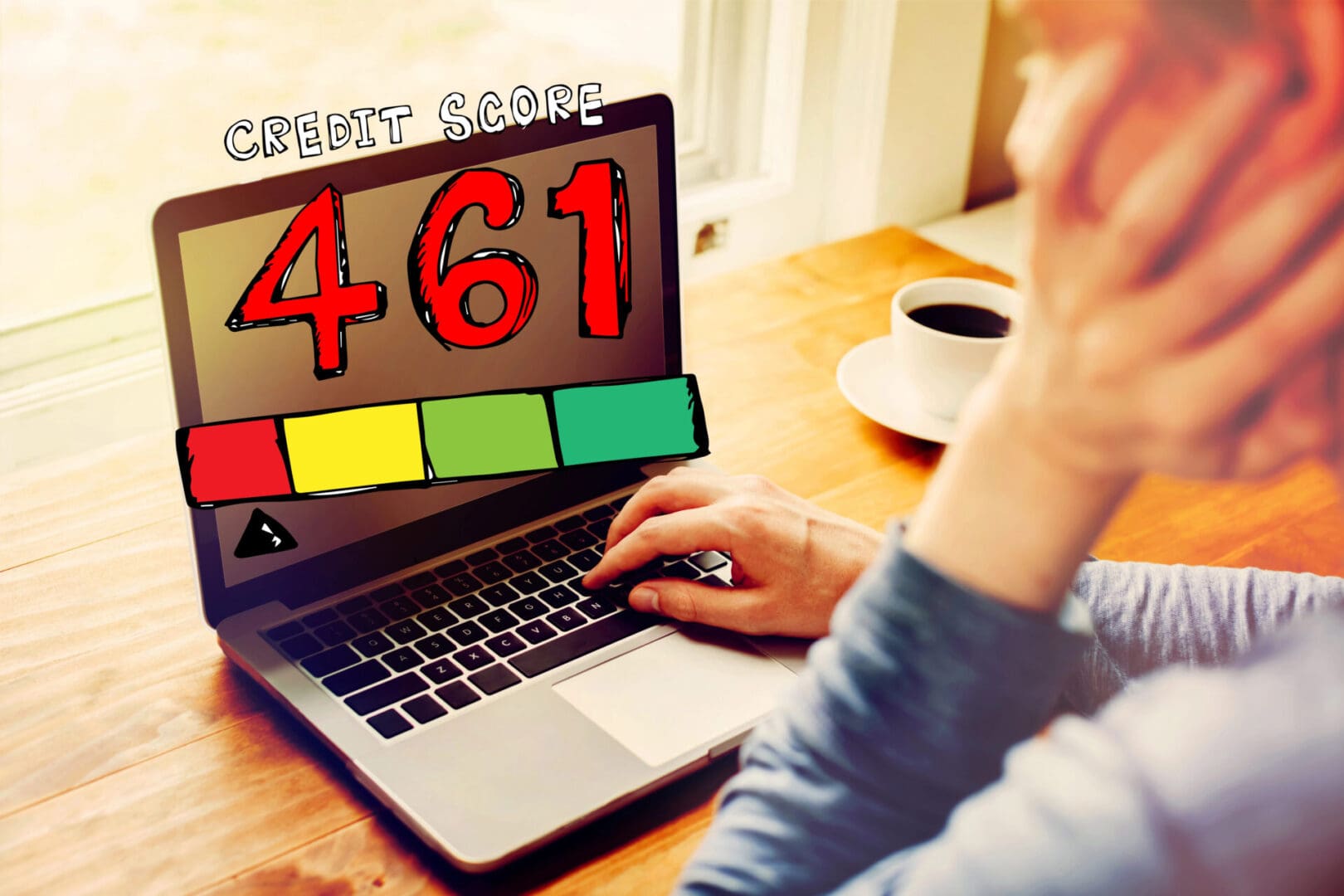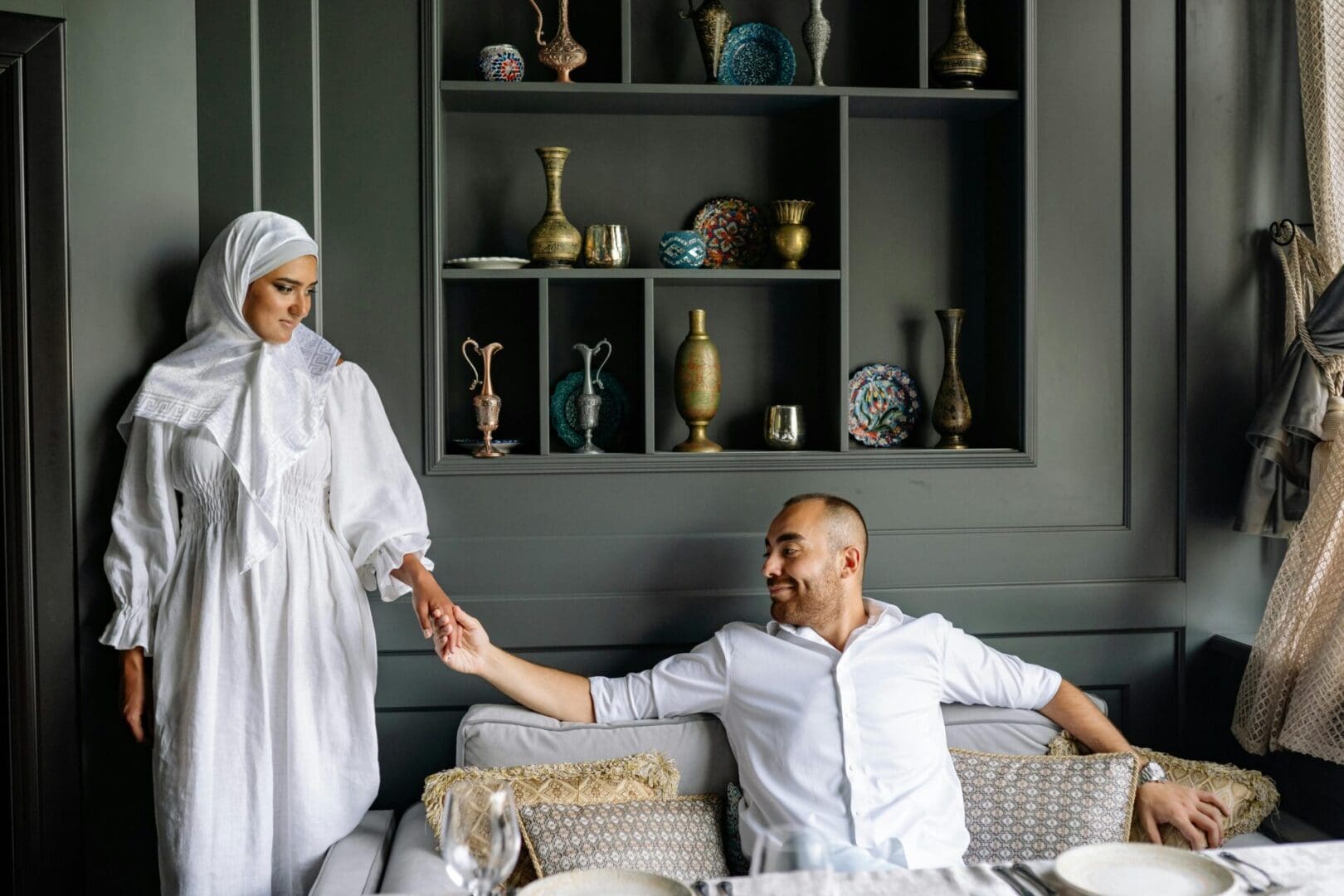Buying a Halal Home with a Low-Credit Spouse – Is It Really That Risky?

Can Muslim couples achieve homeownership through halal means if one partner has low credit? Absolutely. Let’s explore how.
Meet Ahmed, a young Muslim professional who recently married Fatima. After their joyful nikkah and days filled with dua and family celebrations, they’re now facing their next big milestone: buying their first halal home together.
Like many newlyweds, Ahmed and Fatima began browsing listings, contacting Islamic mortgage specialists, and dreaming about their forever home. But there was a hurdle—they discovered Fatima’s credit score was below 640. This presented a potential challenge, especially when seeking Sharia-compliant home financing.
If you’re in a similar situation, you’re not alone. Many Muslim couples struggle with this balance: maintaining halal financial principles while navigating practical issues like credit scores.
The Real Risk: Low Credit Scores in Halal Home Financing

Applying for a halal mortgage (riba-free) with a spouse who has a low credit score can increase your monthly payments—sometimes dramatically.
In a recent study by the Mortgage Research Network, marrying someone with a low credit score can increase mortgage rates by roughly 14%. On a $450,000 home, that could mean paying an extra $600+ every month—a major financial burden for any young couple.
Why Does Credit Score Matter, Even in Halal Financing?
Even though Islamic financing avoids interest, credit scores still reflect financial responsibility, which helps riba-free lenders assess your risk. A lower score may trigger higher monthly costs, increased homeowner’s insurance, and even PMI-like fees—especially if you’re opting for a lower down payment.
Halal Options for Couples with Low Credit Scores

So, does this mean Ahmed and Fatima should give up on their halal homeownership dreams? Absolutely not.
With the right strategy—and the right Islamic mortgage partner—there are several Sharia-compliant paths forward.
1. Explore Alternative Halal Financing Programs
At ijaraCDC, we offer a range of halal home financing options tailored to different income and credit situations. From bank-statement-based approvals to investor-backed, low-credit programs, we can help Muslim couples like you navigate the market without compromising on your values.
Looking for halal mortgage options that fit your needs? Contact our team to explore a program designed for your unique situation.
2. Increase Your Down Payment
Putting down more than the traditional 20% can significantly reduce your monthly payments, regardless of credit. It’s also a strong indicator to halal lenders that you’re financially committed—making approval easier, even with a low-credit partner.
3. Apply Under the Higher Credit Spouse Only
If one partner has excellent credit, it may be wise to apply under their name alone ( as long as they have sufficient income to qualify on their own). This can lower your monthly rate while your spouse works on building their credit. Your spouse can still be on title with you even though they are not on the halal mortgage. Later, you can refinance when their score improves.
Halal Homeownership Is a Journey—Take It Together

A successful Islamic marriage is built on mutual support, faith, and long-term vision. The same goes for your home-buying journey. While one spouse’s low credit may seem like a roadblock, it’s really just a challenge that can be overcome with strategy and sabr (patience).
Ahmed and Fatima reached out to ijaraCDC and found a halal home financing solution that worked for them. A year later, they’re settled in their first home, preparing to welcome their first child—and still living riba-free.
Ready to Start Your Halal Home Journey?
Whether you’re newly married or planning your future, don’t let credit concerns keep you from your dream home. Get in touch with ijaraCDC today and discover a halal mortgage solution that respects your faith and fits your family.
Speak with a halal financing expert today. Riba-free. Sharia-compliant. Family-first.





